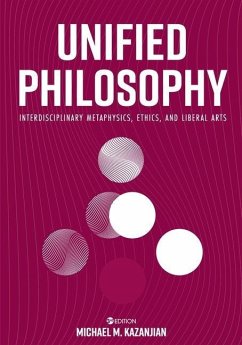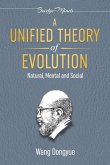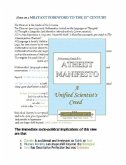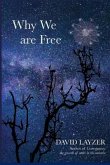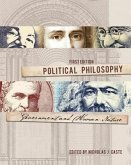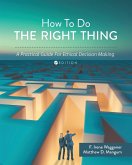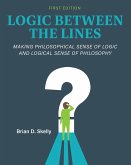Unified Philosophy: Interdisciplinary Metaphysics, Ethics, and Liberal Arts demonstrates how an integrated vision of metaphysics, ethics, and hermeneutics can serve as an underlying philosophy for general education or liberal arts courses and programs. Its unique approach elevates such courses to orientation and reorientation courses and seminars within higher education. The book introduces and reintroduces concepts in philosophy in ethics for students and faculty. It underscores that philosophy is theoretical and applied metaphysics; metaphysics is applied ethics and hermeneutics; and ethics and hermeneutics are applied metaphysics. The opening chapter explores metaphysics: inquiry into reality. It consists of two sections: part and whole; and change and stability. Part and whole involve four positions about reality: part-alone, holistic or limited part, part-whole dualism, or whole-alone. Change and stability also entail four positions about reality: change-alone, holistic or directed change, change-stability dualism, or stability-alone. In turn, each of the eight positions integrates the apparently unrelated languages of game theory, mereology, functions, sets, virtue ethics, phenomenology, cybernetics, and ergonomics/human factors. Chapter One forms the model of which the remaining chapters are applications. The third edition expands Alphonse Chapanis' environment-user interface to four interfaces: environment-environment, environment-person, person-environment, and person-person interfaces. New chapters include Chapter One, Chapter Two, and Chapter Seven. Chapter Two examines positivism through subjectivity spectrum. Chapter Seven examines management reality including authority. Written in recognition of ethics and metaphysics as fundamental components of philosophy and the quest for wisdom, Unified Philosophy is a thought-provoking text for students of theology, ethics, law, medicine, and engineering, education, and city planning/environmental science.
Hinweis: Dieser Artikel kann nur an eine deutsche Lieferadresse ausgeliefert werden.
Hinweis: Dieser Artikel kann nur an eine deutsche Lieferadresse ausgeliefert werden.

